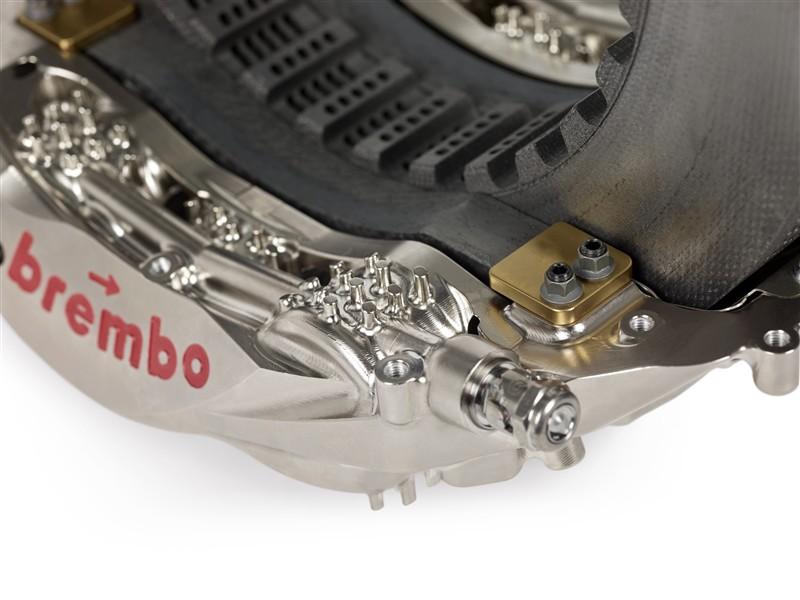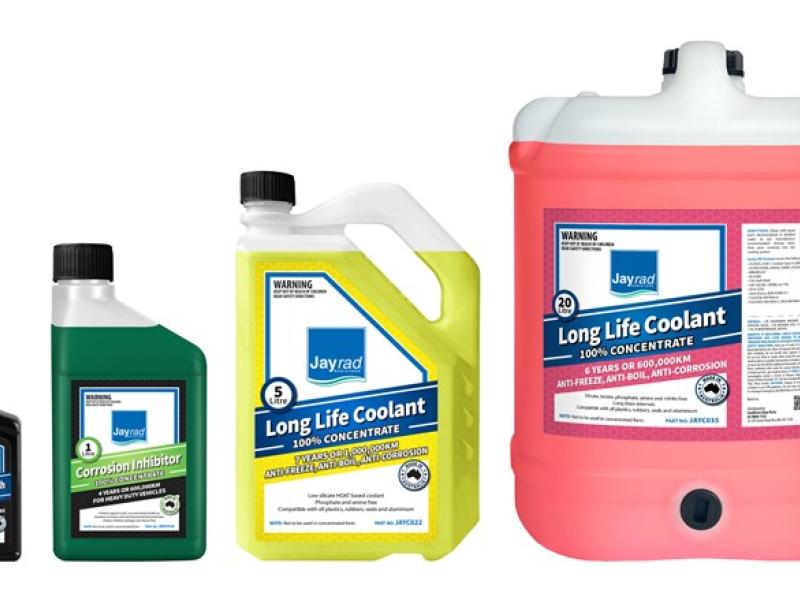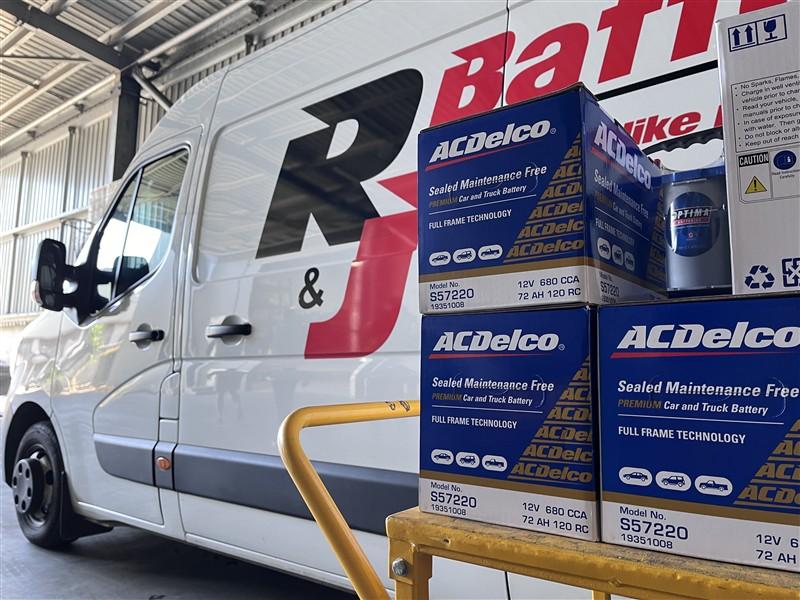Over the past decade, oil specifications and types have become more complicated than ever before. With Industry and manufacturer specifications to consider, viscosity, synthetic, semi synthetic, mineral, fuel economy, exhaust treatment systems and of course warranty, it’s no wonder people are confused about what is the correct product to buy.
Many manufacturers now demand an OEM (Original Equipment Manufacturer) approval on products used on vehicles they have manufactured to preserve warranty. Lubricants and coolants are no exception.
What is an OEM approval?
An OEM approval is a confirmation in writing that the vehicle manufacturer has approved a product for warranty use on a vehicle where that particular product meets and exceeds the specifications that the OEM specifies. For engine lubricants and coolants this is extremely important, as specifications change and or are upgraded as new models are introduced. An industry approval might not meet the requirements of the OEM and could jeopardise longevity, fuel economy and emission requirements.
Why are OEM approvals important?
Products that carry OEM approvals such as engine oils and coolants are important for maintaining a vehicle in prime condition. They are –
1) What the manufacturer specifies.
2) Initial fill product.
3) Compatible with OEM product.
4) Meet manufacturers service intervals.
5) Tested and approved for use by the vehicle manufacturer.
6) They remove risk of a product that may not meet performance requirements.
7) They can be used for warranty and non-warranty service.
Lubricants and coolants that have OEM approvals can be superior to products with industry base claims, as manufacturers set higher standards of performance for products used in their vehicles. Therefore the vehicle manufacturers will encode product specifications with their own brand to distinguish its performance level, instead that of relying on the industry bodies to set the standards.
The Industry in New Zealand has seen a significant change in the make up of the car park over the past ten years, as well as an increase in diesel engined passenger car and light commercial vehicles taking to the road. These vehicles require modern lubricants that assist the vehicle in meeting on-road regulatory compliances.
Both petrol and diesel powered vehicles are trending toward lower viscosity, fuel efficient and emissions friendly type lubricants.
Penrite Oil, in conjunction with its international trade partners continue to produce an industry leading range of lubricants suitable for vehicles still covered by the manufacturer warranty. Penrite also have many oils that are API (American Petroleum Institute) Industry licensed that ensures that the products meet the relative latest industry standards.
How does Penrite obtain OEM approvals?
Penrite develops and blends lubricant products that meet – and often exceed – the performance requirements of the vehicle manufacturer. The oil is then sent away for exhaustive testing by the manufacturer. If it passes all of the tests then it may be given an OEM approval by the vehicle maker for a particular specification for which it has been submitted. This may be for an engine oil, gearbox or transmission fluid or a coolant. Once the OEM has approved the product, they will send through a confirmation letter to advise that the product is suitable for in-warranty service, where that specification is required by the OEM. The products will normally feature on their web-based license registrations. This allows users to check that the product is approved or licensed for warranty service.
Why are OEM Approved products important to workshop and service centres?
OEM approved products remove the risk of the warranty being voided by the manufacturer should something go wrong with a vehicle during the warranty period. The replacement cost of an item such as an engine in a European car can be upwards of $50,000 which is a massive amount to risk for not using an OEM approved product. This cost does not take into account mechanical work, hire car fees, inconvenience and bad consumer rapport for the service centre if such an occurrence happens. The service agent might think that the product they used met the manufacturer specifications, when it does not, despite the claims of the oil company. Without an OEM approval on the product for the particular application or specification required by the OEM for a vehicle, the service centre could be responsible for a very large repair bill.
Another reason to use OEM approved products where required is that they are guaranteed to meet the specifications required by the manufacturer. There are plenty of lubricants and coolants in the trade that have unreal and unsustainable claims of performance standards that cannot be chemically met by a single product. As there are no bodies in this country policing these claims such as ATIEL in Europe, so trade and consumers need to be aware that the performance claims on a product may not actually be true and they risk damaging a vehicle by using these products.
Things to watch out for are products that claim they can do every application. This is not chemically possible. Some example of which are –
1) An oil that claims it is both ACEA A3/B4 and ACEA C3 specification.
These two specifications cannot be met by the same oil in the current ACEA sequence (2016).
2) If an oil has an ACEA claim that it is A3/B4-04, then it is based on 2004 technology and not current additive technology. Not really the product that should be used in a vehicle requiring a current 2016 ACEA grade oil.
3) An oil that claims it is API SN, ACEA A3/B4 and is an xW-30 grade or under. This is not chemically possible.
4) Oils that claim both petrol and diesel specifications for a major manufacturer.
5) Products that claim non industry specification such as “Legacy Service Fill” or “Energy Conserving”. These are not recognised industry terms and are a marketing exercise for the trader.
6) Oil companies that do not have recommendation guides for their products also feed off the ones that do, which absolves them from issues should they arise as they have not actually recommended the product.
OEM or Industry approvals do not just apply to the passenger car and light commercial category. There are industry approvals for Heavy Duty Engine Oils, Coolants, Marine, Agricultural and Industrial sectors that use lubricants and coolants.
OEM approvals guarantee the performance of a lubricant or coolant and provide peace of mind for owners and service technicians that they have the best possible performance product, designed to meet the manufacturers service life and protection requirements. Penrite is committed to providing OEM approved products in the marketplace, providing customer and workshop alike with confidence, reliability and service life.
To find out more about Penrite’s Enviro+ range of lubricants, visit www.penriteoil.com.au or call Penrite New Zealand on 0800 533 698.






